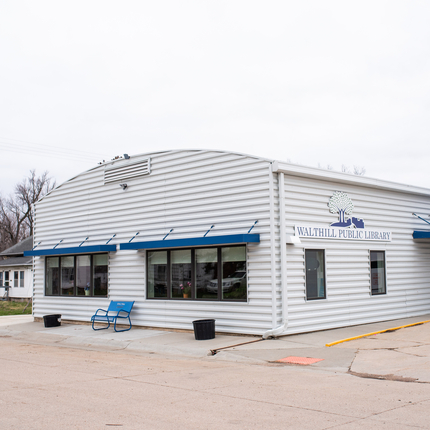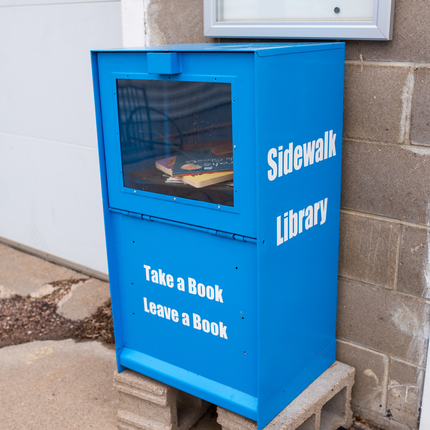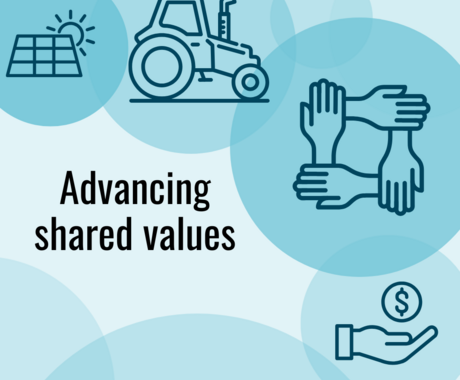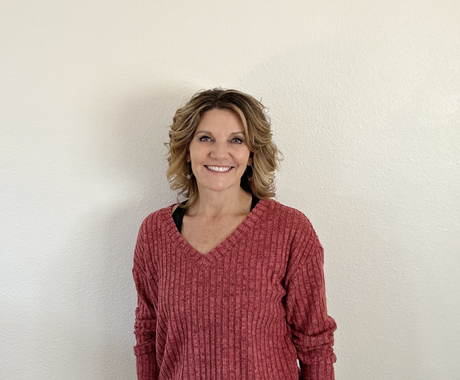Nestled within UMÓⁿHOⁿ Nation lies Walthill, a small village with a big story of community resilience and progress. In 2017, Walthill opened its new public library, marking the culmination of years of hard work, determination, and collaboration.
The journey to move the library from an 800-square foot building with no storage and a propensity for leaking during rainstorms to the former fire hall was not without its challenges. The fire hall came with environmental concerns due to its historical use and the presence of asbestos-containing materials. But with the assistance of the Nebraska Department of Environment and Energy, the village navigated the necessary environmental assessments and abatement process, paving the way for repurposing the space into the new library.
The transformation of the fire hall into a vibrant community hub exemplifies the spirit of Walthill’s residents and their commitment to enhancing their quality of life. Through fundraising efforts and money from the Community Development Block Grant and the Civic and Community Center Financing Fund, the village mobilized resources and raised more than $400,000 to turn its vision into reality.
The new library is bright and cheerful with big windows to let in natural light and reading nooks throughout. There is also a cafe area, complete with a demonstration kitchen and tables for classes, playing board games, or enjoying a snack. The library hosts events for students, families, and community members—from book clubs to cooking classes—as well as adult classes in collaboration with Nebraska Indian Community College.
Today, the Walthill Public Library stands as a testament to the power of grassroots initiatives and community-driven development.
Walthill’s story is not unique. All across Nebraska, rural communities grapple with environmental justice and energy equity challenges, and this is where the Heartland Environmental Justice Center (HEJC) steps in.
The HEJC offers tailored support to address unique situations and needs. From navigating grant applications to facilitating community needs assessments, it provides valuable assistance at no cost. Additionally, the center offers expertise in policy analysis, technical support, and connections to resources and partnerships. If a community’s needs fall outside of the scope of the HEJC, its team will work to connect it with the appropriate external resources and support networks.
If your community is facing environmental challenges or seeking assistance, visit cfra.org/rural-resources or email [email protected].






